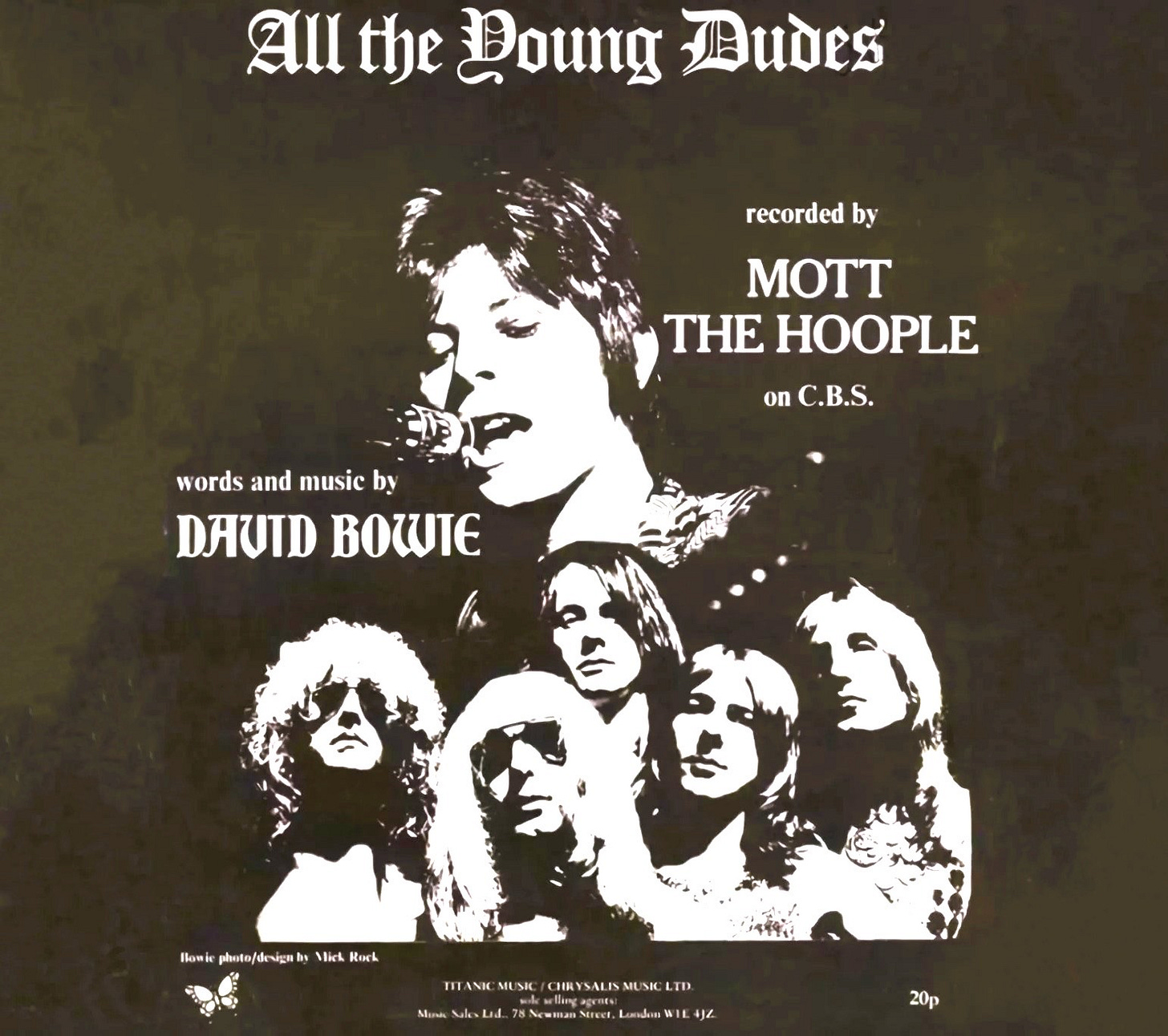Why writing about autism is a brilliant window on to music's magic...
... and proves something we all know: that songs evoke and crystallise emotions and experiences far more powerfully than spoken words
My new book Maybe I’m Amazed is about my son James, who’s autistic, and how songs became our shared language. When I first began to write it, one big idea was at the centre of my thoughts – to do with the essential reason why playing and listening to music has always connected us.
James is verbal, but his expressive language tends to be drily factual, lacking in questions, and often staccato. By contrast, I make my living from endlessly writing and talking (way too much). But here’s the key point: a lot of the music we both love deals in the completely inarticulable and transcendent, and that’s where we meet.
As I wrote about James’s life, that plain fact sparked a lot of writing, thinking, reading and interviewing people about these aspects of music and psychology. Both while I was working on the book and in any spare time, I fell into the habit of fixating on why chords, tones, rhythms and all the rest sometimes evoke and crystallise emotions and experiences far more powerfully than language, and why working out and performing songs with my son – I play guitar; he tends to focus on bass and keyboards - began to feel like a substitute for conversation. And then I realised something even more remarkable: that it was conversation.
This is not a dry philosophical point. It comes to life in our house every day.
James goes to the piano in the front room, plays a solo version of The Smiths’ Stop Me If You’ve Heard This One Before, and then rushes into the kitchen with a proud announcement: “That was from their fourth album, Strangeways Here We Come”, in expectation of a superlative from me or his mum. The two of us whirl our way through The Velvet Underground’s What Goes On, and share the delight of looping around its five chords, and their mood-shifts. The car stereo plays Mott The Hoople’s All The Young Dudes, and I can tell that James soaks up every bit of its sighing melancholy and weary defiance: he listens, as he always does, fantastically intensely, maintaining a kind of purposeful quiet for its duration. I have no option but to do the same. In that silence, too, there is a profound connection.
Autism turns out to be a brilliant prism through which to look at music’s power to work this magic. Research my book explores has shown that although many autistic people– like James – have difficulty interpreting emotions via language, tone of voice and facial expressions, music can be a much more understandable conduit for human feelings, in all their complexity. But that applies to everyone, doesn’t it? How else to explain the way songs can so powerfully express a feeling or state of mind so much better than we can describe it, to the point that you have to be careful when you play certain ones, in case they reduce you to small pieces (in my case, they include There Is A Light That Never Goes Out, George Jones’s A Good Year For The Roses, and Suede’s The Wild Ones).
Most Fridays, James now goes to a brilliant youth club for neurodivergent young people called SoundLab. Led by a guitar-player and drums specialist, a mixed group of players and non-players work on pieces and songs, and tap into a lovely unspoken eloquence, summed up in a book I have been reading titled Shared Musical Lives, by Licia Carlson, a US philosopher, which I found after mine was finished:
“Music can create worlds without words. The sonic landscape that envelops, that moves, is populated by gestures, movements, sounds, expressions… Musical worlds can simultaneously be made, shared, and received; they can create habitable spaces for those who, for whatever reason, may not share in discursive, text-based, linguistic worlds.”
Or how about this:
“In playing an instrumental piece with others, I engage in a distinct kind of conversation with them. It is nonverbal yet expressive; it trades in musical motifs, harmonies and melodies and rhythms rather than concepts and words; it is an embodied dialogue that requires a level of engagement that may be both cognitive and emotional… [and] as the music unfolds, we speak in our distinct voices while taking part in a sonic dialogue that at once includes each of us, yet exceeds our individual parts.”
At a gig, something akin to this can happen not just to the musicians, but to the people in the audience. When everything coheres, you end up so locked into the shared experience of watching and listening that you find yourself deeply connected with everyone in the crowd, and full of a profound empathy. Or, as another academic text puts it: “Enjoyment of music involves the experience of taking satisfaction in a state of mind in which one does not oppose oneself to other human beings”.
That might be an increasingly rare experience these days. It brings to mind a half-idea for a book I never started about the unfathomable greatness of live music, and a working title I took from Radiohead, which kept popping into my mind as I wrote this one: For a minute there, I lost myself.
Pre-order Maybe I’m Amazed here
Current listening!
Album: Hold Space For Me by Orion Sun, 2020
Track: Sweet Shiver Burn by That Petrol Emotion, 1990



I grew up with undiagnosed autism and alexithymia (problems recognising emotions). But music always made me feel. (Or, should I say, feel at home.)
I have known two autistic musicians, both very talented. One used to come to sessions with ear defenders on, taking them off for the music. They were both miles better than me. Music is something special. So happy you found it